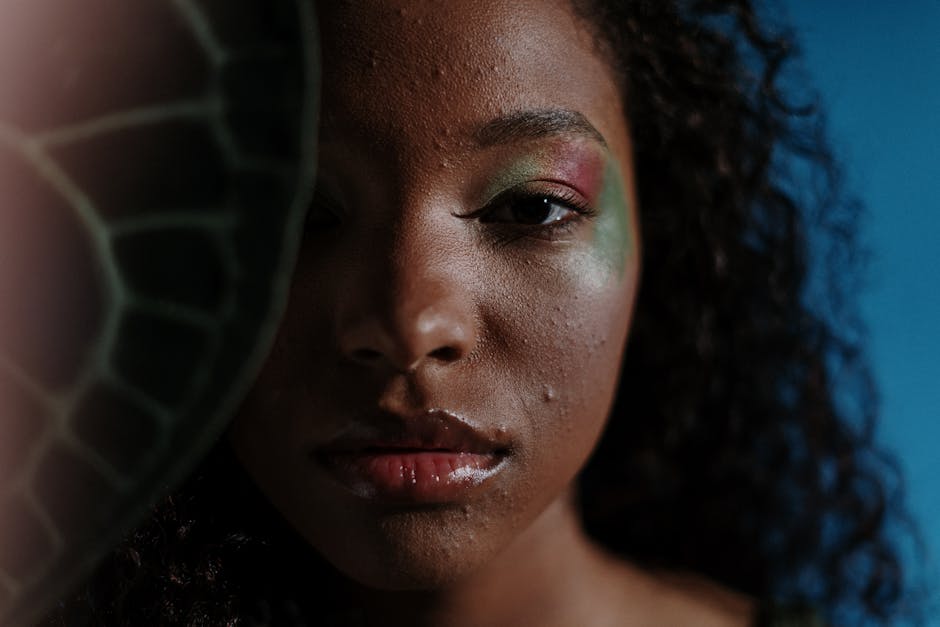How To Cure Acne: A Comprehensive Guide
Acne is a common skin condition that affects people of all ages. It is characterized by the formation of pimples, blackheads, and whiteheads on the face, chest, and back. Acne can be caused by a variety of factors, including hormonal changes, bacteria, and stress.
There are a number of different ways to treat acne. Some people find that over-the-counter products are effective, while others need to see a dermatologist for prescription medications. In some cases, lifestyle changes, such as diet and stress management, can also help to improve acne.
**Over-the-Counter Acne Treatments**
There are a number of different over-the-counter acne treatments available. These products typically contain ingredients such as benzoyl peroxide, salicylic acid, or adapalene. Benzoyl peroxide works by killing bacteria that can cause acne. Salicylic acid helps to unclog pores and reduce inflammation. Adapalene is a retinoid that helps to regulate cell turnover and prevent the formation of new pimples.
**Prescription Acne Medications**
If over-the-counter treatments are not effective, your doctor may prescribe a prescription medication. Prescription acne medications are available in a variety of forms, including topical creams, gels, and lotions, as well as oral medications.
Topical prescription acne medications typically contain ingredients such as retinoids, antibiotics, or dapsone. Retinoids help to regulate cell turnover and prevent the formation of new pimples. Antibiotics work by killing bacteria that can cause acne. Dapsone is an anti-inflammatory medication that can help to reduce redness and swelling.
Oral prescription acne medications typically contain ingredients such as isotretinoin, spironolactone, or antibiotics. Isotretinoin is a retinoid that is very effective in treating severe acne. Spironolactone is a diuretic that can help to reduce hormonal acne in women. Antibiotics work by killing bacteria that can cause acne.
**Lifestyle Changes for Acne**
In addition to medication, there are a number of lifestyle changes that can help to improve acne. These changes include:
* **Washing your face twice a day with a gentle cleanser.** Avoid using harsh soaps or scrubs, as these can irritate your skin and make acne worse.
* **Moisturizing your skin.** Dry skin can lead to acne, so it is important to keep your skin hydrated. Choose a moisturizer that is non-comedogenic, meaning that it will not clog your pores.
* **Avoiding touching your face.** Touching your face can transfer bacteria to your skin and lead to acne.
* **Eating a healthy diet.** Eating a diet that is rich in fruits, vegetables, and whole grains can help to improve your overall health and may also help to reduce acne.
* **Getting enough sleep.** When you are sleep-deprived, your body produces more of the hormone cortisol, which can lead to acne.
* **Managing stress.** Stress can trigger acne, so it is important to find healthy ways to manage stress.
**Conclusion**
Acne is a common skin condition that can be treated with a variety of methods. If you are struggling with acne, talk to your doctor to find the best treatment for you.


